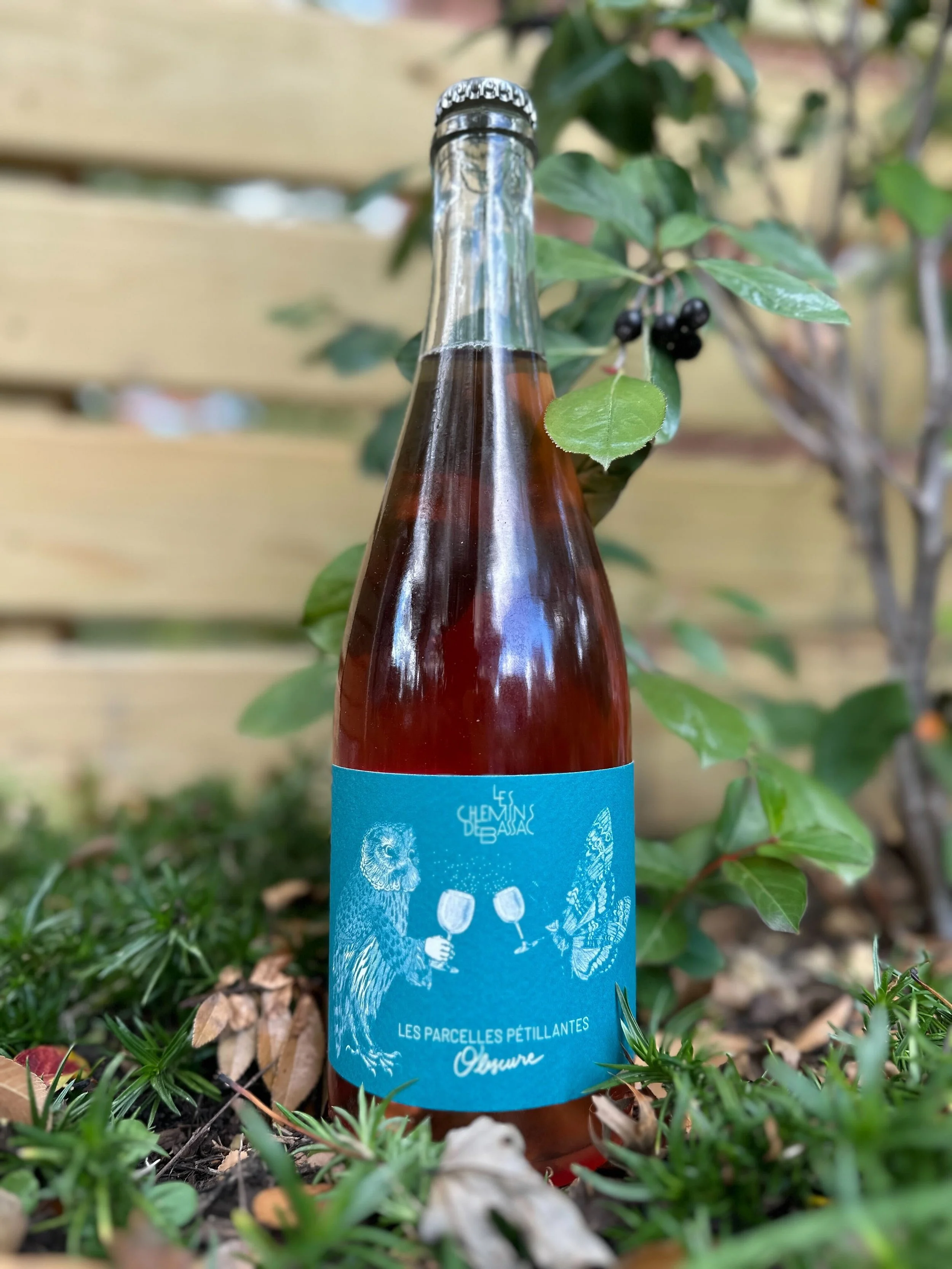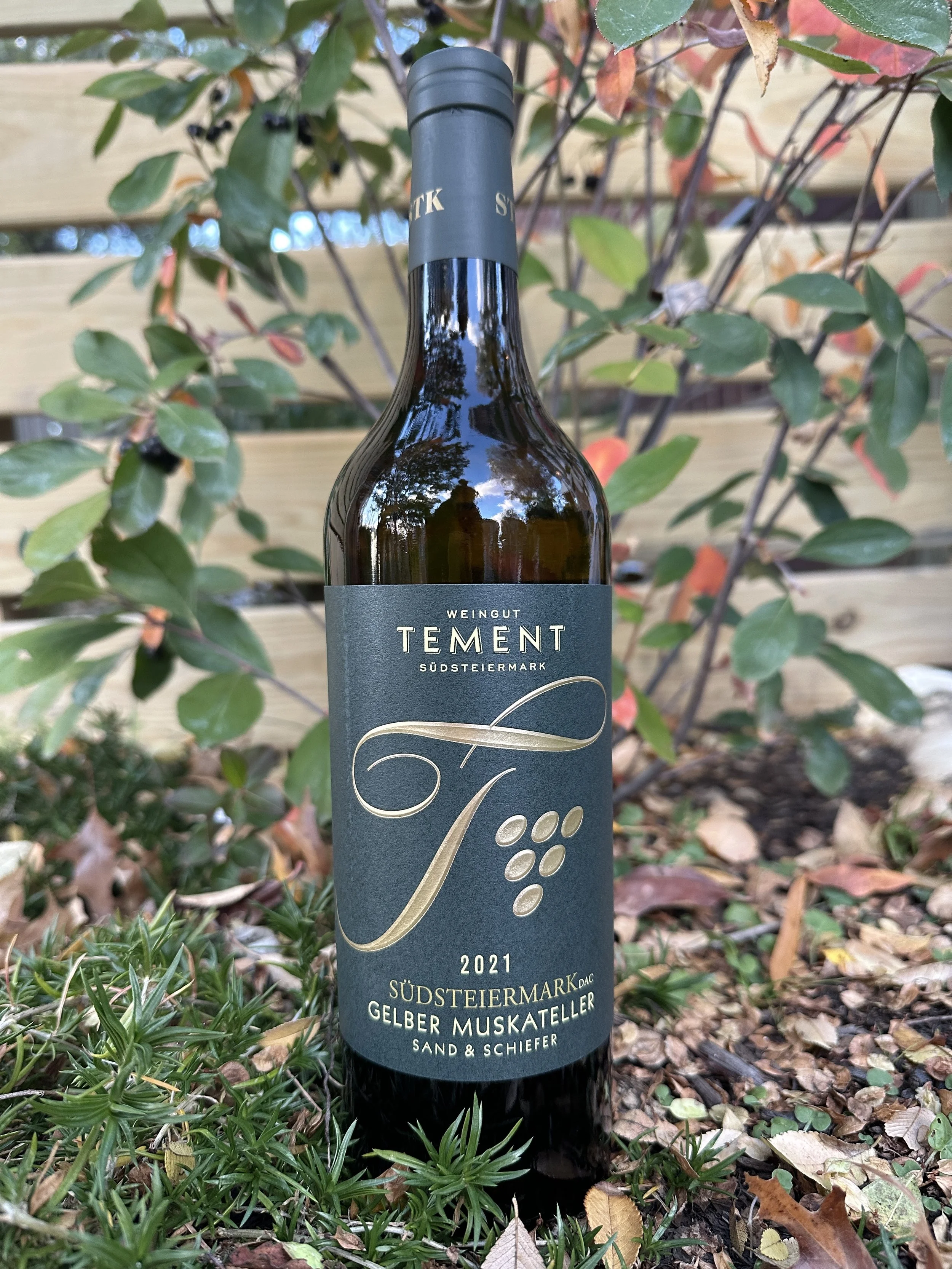November Wine Club: We’re All Connected
Welcome to the November wine club story from GoodWine x UnWined! If you’ve just joined us, we’re a startup that brings you wine that is good for the planet and the people who live here. By supporting us, you support grape growers and winemakers who are working to leave the planet better than they found it.
If you recall September’s club selections and story, we gave you the low down on certifications and some broad categories of wine (organic, biodynamic, regenerative agriculture, and more). This month we’re going to dig a bit deeper into one of these–biodynamic wine–a cool (if eccentric!) wine philosophy. The biodynamic winemaking school is nearly 100 years old, involves being in tune with the calendar (think astrology), making natural preparations to treat the vines and soil, and seeing vine growing and winemaking as part of a larger ecosystem. This last point is important: Biodynamics are most important to us here at GoodWine for the care for the environment and climate that biodynamic winemakers are known to embrace. If grape growers consider the choices they make and their impact on everything else, they are just the sort to think about the planet and those around them.
Here are some climate- and environmentally friendly aspects of biodynamic wine to know:
Avoidance of synthetic pesticides, herbicides, and fertilizers: As with organics, this is better for the health of people and reduces contamination of soil and water
Support of biodiversity, including cover crops, which promotes healthy soils and helps to store carbon to keep it from entering the atmosphere
Use of compost, which puts carbon back into the soil rather than the atmosphere and improves soil health
The two main certifications to know are Demeter International and Biodyvin. Look out for these if you want to easily support these wine producers.
So pop open the sparkling rosé in your trio, and start to get acquainted with these yummy, good-for-the-planet wines. And, if you’re still enjoying your previous months’ wines, that info can still be found on the site, too! June was organic farming (aka farming without chemicals), July was all about makers and growers who do more with less by reducing waste, and August was all about hand-harvesting and benefits for the planet. And our most recent month, October, was all about Virginia.
The Wines
First, you’ve got the 2021 Chemins de Bassac Obscure Pét-Nat Rose from Languedoc in southern France. Chemins de Bassac is certified biodynamic by Demeter, and nut trees, fruit trees, lakes, and forests surround their vineyards, in a pretty display of biodiversity. As evidenced by this zany photo of one of the winemakers and owners, Bruno Trigueiro, holding earthworms, this couple has soil on the brain for sure.
This wine is made from Pinot Noir, and the grapes are hand-picked, pressed directly, left to naturally settle (a process called débourbage). The wine ferments spontaneously and is bottled while still going, to finish the fermentation in bottle as pét-nat. It’s unfined, unfiltered, undisgorged, and with no sulfites added. If you’re able to keep it around for Thanksgiving (and we won’t blame you if you can’t!), it would compliment appetizers wonderfully.
— Chemins de Bassac Obscure Pét-Nat Rosé 2021
Next is a remarkable testament to the fact that whites are good year-round. It’s the aromatic and full-bodied 2021 Tement Gelber Muskateller from an area of Austria called Südsteirmark (or Styria) on the border with Slovenia. Tement is certified biodynamic by Biodyvin and is certified by an organization called Respekt as well, which is an association of biodynamic wineries from Austria, Germany, Italy, and Hungary. Tement gets extra credit—it’s difficult to go biodynamic in Südsteirmark’s cool, damp climate, because more moisture means more susceptibility to mold and mildew.
The wine is made from Gelber Muskateller, which is another name for the oldest variety of Muscat. Muscat is an aromatic grape, which means that it has floral notes like orange blossom and an intensity that jumps out of the glass. It’s pretty different from Austrian wines you may be familiar with like Grüner Veltliner and Riesling, which predominate in other parts of Austria. Let us know what you think!
— Weingut Tement Gelber Muskateller Südsteiermark "Sand & Schiefer" 2021
Finally, you’ve got the 2021 Jauma Disco Red from Adelaide Hills, Australia, which is a juicy red that we are so excited to bring you. The wine is 70% Shiraz and 30% Grenache, which are vinified separately and then blended for a great result.
Jauma’s farming and winemaking practices are awesome and worth paying attention to, even though Jauma isn’t certified under a particular biodynamic program. The couple behind this wine grows cherries on the property, uses compost tea on the cherry and grape leaves, and has planted 26 other crops besides to force the plants to compete with one another and add to soil health. And every year they host a cherry-picking party. Wish Australia were closer!







